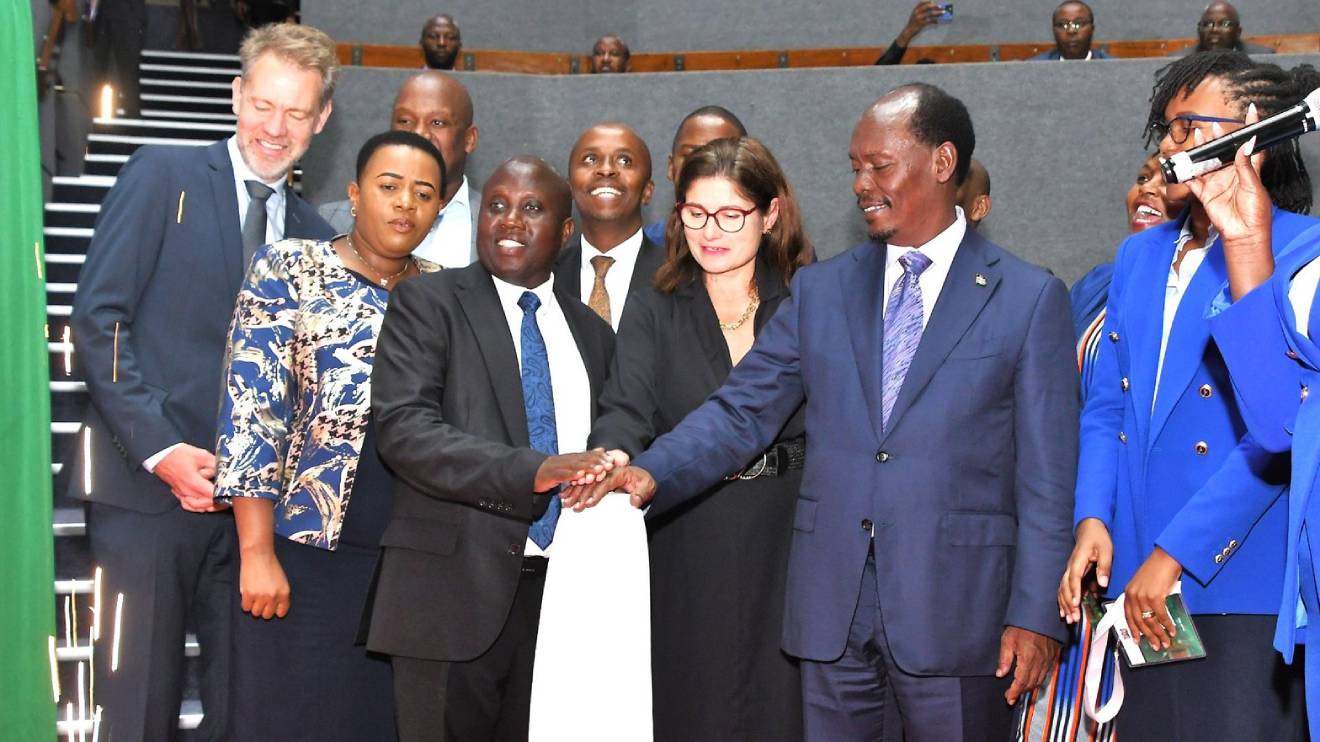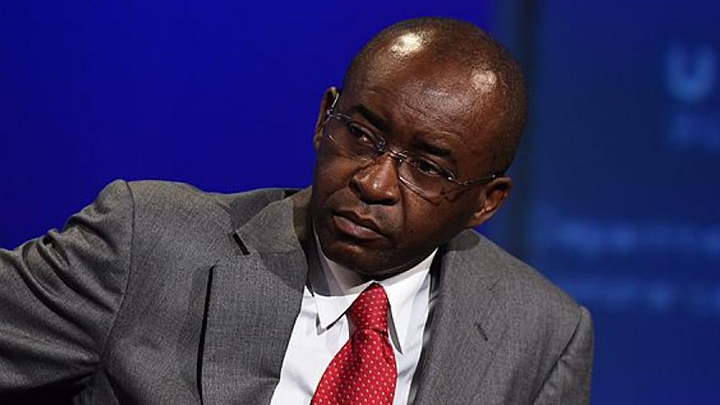Telegram founder Pavel Durov was arrested by French authorities at an airport outside Paris on Saturday night, Russian Foreign Ministry Spokesperson Maria Zakharova confirmed on Sunday.
The arrest, which came on the heels of Durov's arrival from a private jet, has sparked international concern and raised questions about the extent of France's crackdown on online extremism.
According to French media reports, Durov faces allegations of terrorism, drug trafficking, fraud, and money laundering, charges that could lead to up to 20 years in prison if proven.
The Russian Embassy in France has since intervened to seek clarification and ensure Durov's rights are protected.
The arrest has ignited a heated debate surrounding Telegram's role in combating online extremism.
Read More
While the messaging app has millions of users worldwide and serves as a vital source of information, critics have long accused it of failing to adequately address the spread of harmful content, including extremist ideologies, child sexual abuse material, and fraudulent activities.
Telegram has vehemently denied the allegations against Durov, asserting that its moderation practices are in line with industry standards and constantly evolving.
The company has also emphasized its commitment to complying with European Union laws, including the Digital Services Act, which aims to create a safer online environment.
"Telegram abides by EU laws, including the Digital Services Act - its moderation is within industry standards and constantly improving," Telegram stated.
"Telegram's CEO Pavel Durov has nothing to hide and travels frequently in Europe."
"It is absurd to claim that a platform or its owner are responsible for abuse of that platform," the statement read in part.
However, critics argue that Telegram's decentralized nature and lack of centralized moderation make it difficult to effectively remove harmful content.
The app has faced criticism for hosting extremist groups, spreading misinformation, and facilitating illegal activities.
As the investigation into Durov's case continues, the arrest has highlighted the challenges of regulating large-scale online platforms and ensuring they are held accountable for the content shared on their networks.
The outcome of this case could have far-reaching implications for the future of online communication and the balance between freedom of speech and the need to combat harmful content.

-1705051849.jpg)
-1743198718.jpg)



-1742388161.jpeg)




-1731261219.jpg)
-1743528508.jpg)